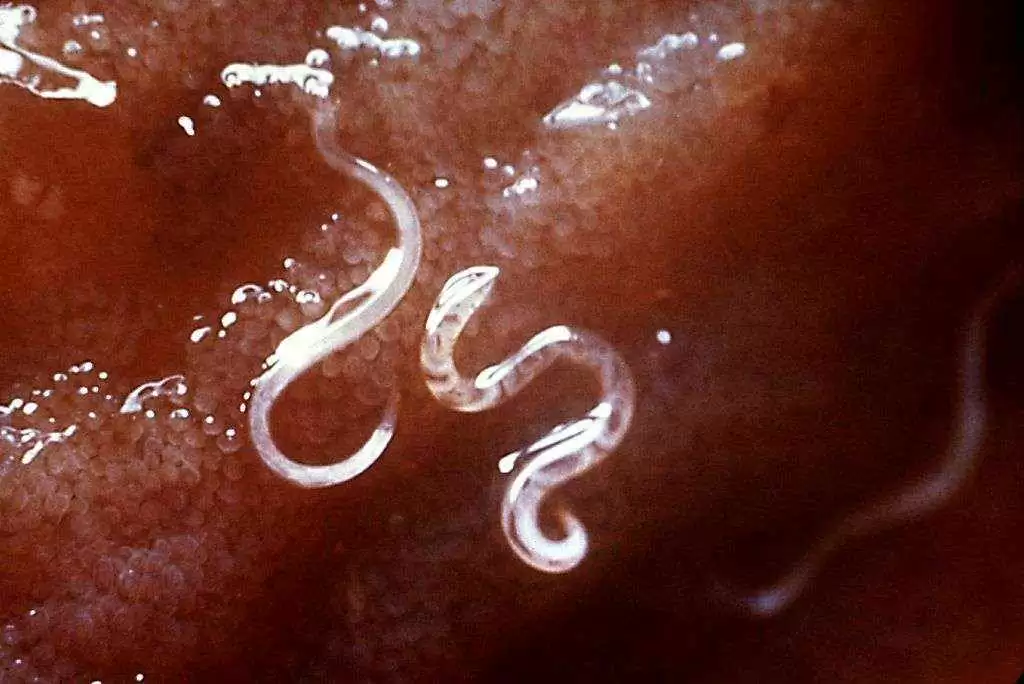Celiac.com 11/16/2009 - Could unknown benefits from one of the oldest parasites of the human digestive tract hold the key to cure for celiac disease?
Australian scientists think so. Encouraged by successful treatments of Crohn's and ulcerative colitis by American researchers using a pig whipworm (Trichuris sues), a team of Australian researchers is recruiting volunteers with celiac disease for trials using human hookworm (Necator americanus).
The researchers have undertaken a similar preliminary study using a human hookworm in Crohn's patients.
Researchers hypothesize that the disappearance of intestinal parasites from humans in developed countries may be responsible for the upsurge in many diseases including Celiac Disease, Crohn's, ulcerative colitis, asthma and hay fever. ...
Celiac.com 10/03/2014 - Celiac disease patients in Australia have shown a major improvement in gluten tolerance after receiving experimental hookworm treatments. The study is part of an effort to determine if parasitic helminths, such as hookworm, might help to treat inflammatory disorders, including celiac disease.
In this case, the research team assessed the influence of experimental hookworm infection on the predicted outcomes of three escalating gluten challenges in volunteers with confirmed celiac disease.
The research team included John Croese, MD, Paul Giacomin, PhD, Severine Navarro, PhD, Andrew Clouston, MD, Leisa McCann, RN, Annette Dougall, PhD, Ivana Ferreira, BSc, Atik Susianto, MD, Peter O'Rourke, PhD, Mariko Howlett, MD, James McCarthy, MD, Christian Engwerda, PhD,...



.webp.052ba8c166489209c49990837d6b17e2.webp)




